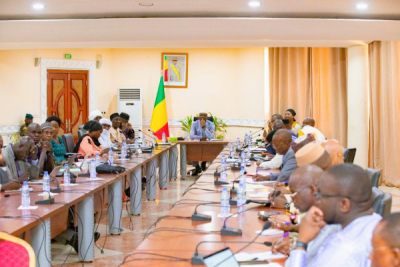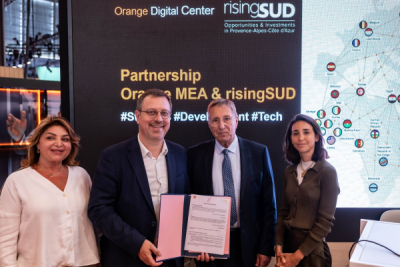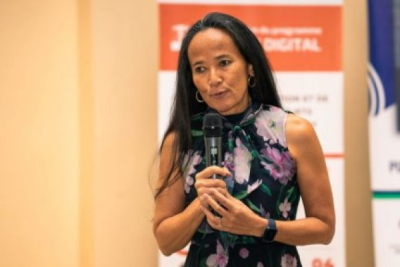Digital transformation has disrupted every sector, including the labor market. By 2030, more than 230 million jobs in sub-Saharan Africa will require digital skills.
The Togolese government has unveiled a plan to train 15,000 students from public universities in computer programming and artificial intelligence (AI) this year. This initiative is part of a broader program launched earlier this month in partnership with U.S.-based startup Kira Learning, which aims to eventually train 50,000 students annually. The program's ultimate goal is to boost youth employability.
In addition to teaching Python programming and AI fundamentals, the curriculum includes practical training in English. The course is entirely free and accessible online, combining interactive lessons, instructional videos, and hands-on exercises. It is supported by an AI-powered virtual tutor capable of delivering personalized guidance to learners.
“This training opens the door to real job opportunities, even for students outside of scientific disciplines. In just three months, a humanities or literature student could qualify for roles such as IT support technician, digital project assistant, junior webmaster, content moderator, or data annotator for AI,” the Ministry of Digital Economy and Digital Transformation explained in a statement.
The initiative comes amid a continent-wide shift driven by digital transformation. The International Finance Corporation (IFC) estimates that by 2030, over 230 million jobs in sub-Saharan Africa will require digital competencies.
In Togo, public universities in Lomé and Kara enroll around 100,000 students. The country also has a notably young population: according to the World Bank, 60% of its 8 million citizens are under the age of 25. While the official unemployment rate stands at just 1.7%, widespread underemployment continues to undermine household financial stability. The World Bank notes that visible underemployment—jobs with fewer than 35 hours per week—affects 60% of the workforce.
Despite its promise, the program has limitations. By targeting only public university students, it excludes thousands from private institutions. Moreover, while the program is free, access can still be hindered by practical barriers such as internet costs and a lack of essential devices like computers, tablets, or smartphones.
Nonetheless, the initiative represents a significant step toward equipping Togo’s youth with the digital skills increasingly demanded by today's job market.
By Isaac K. Kassouwi,
Editing by Sèna D. B. de Sodji



















